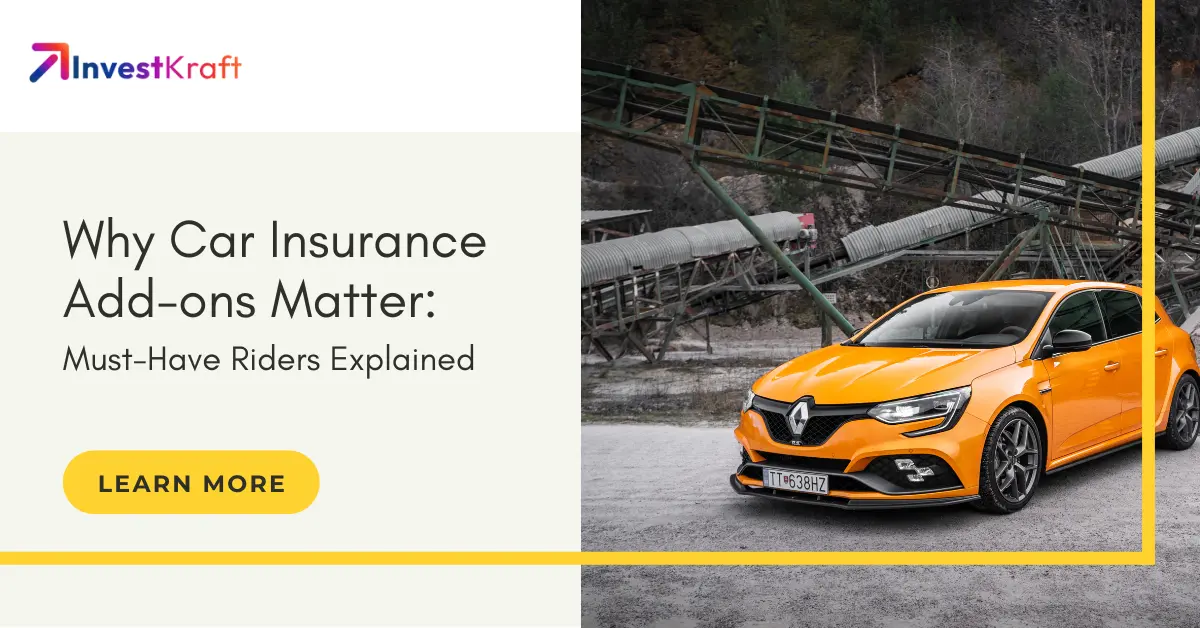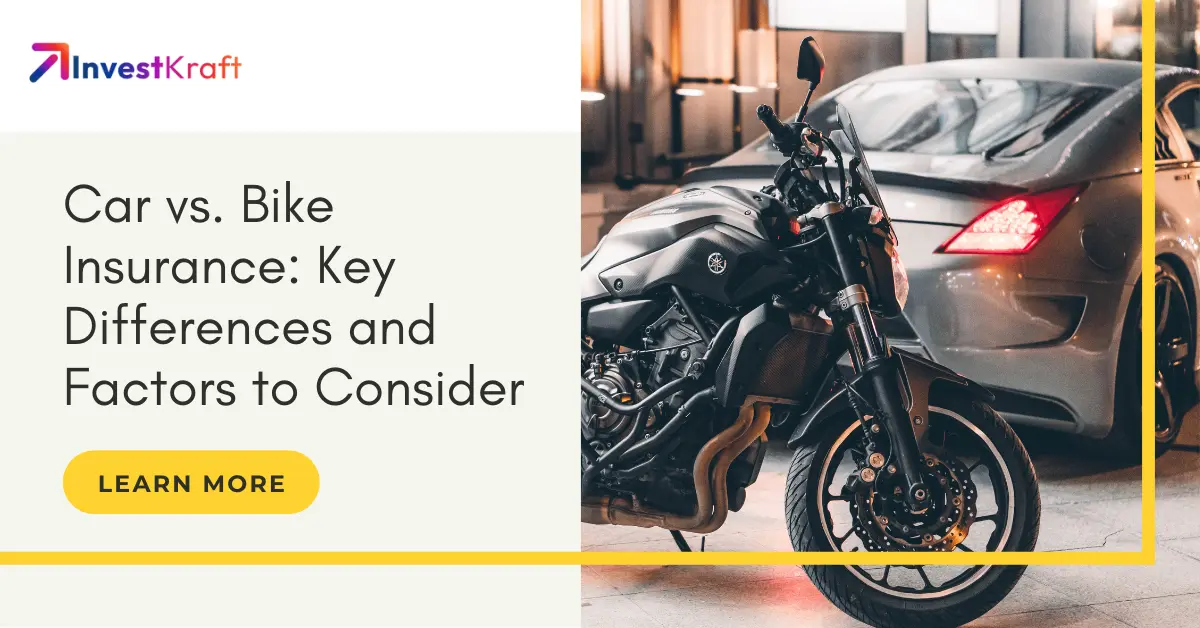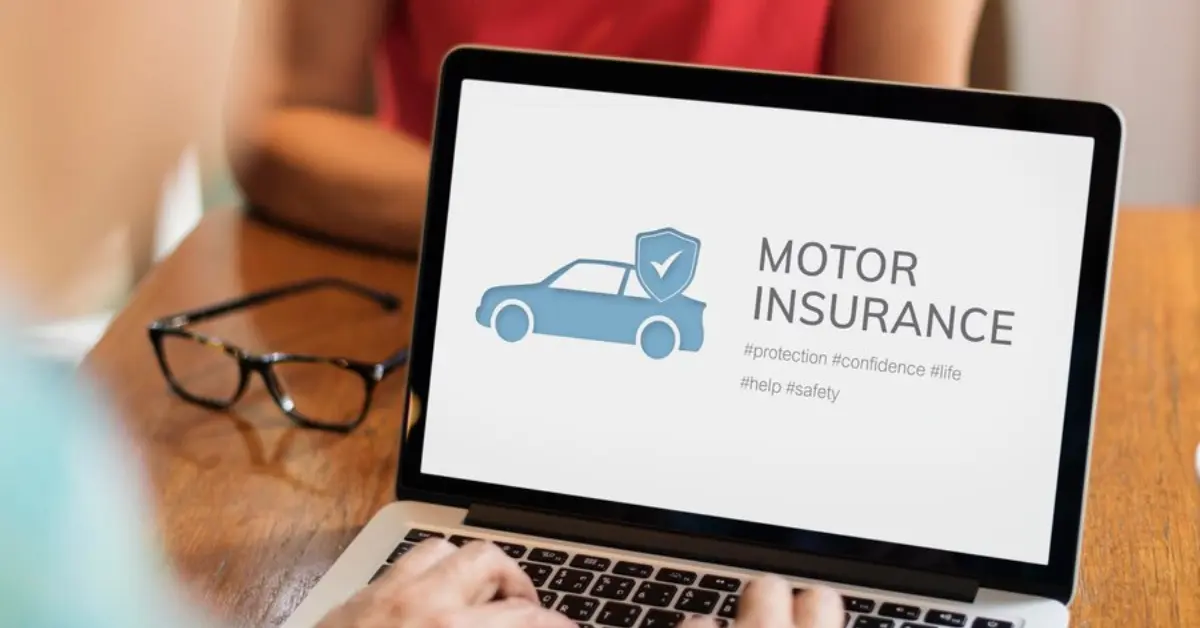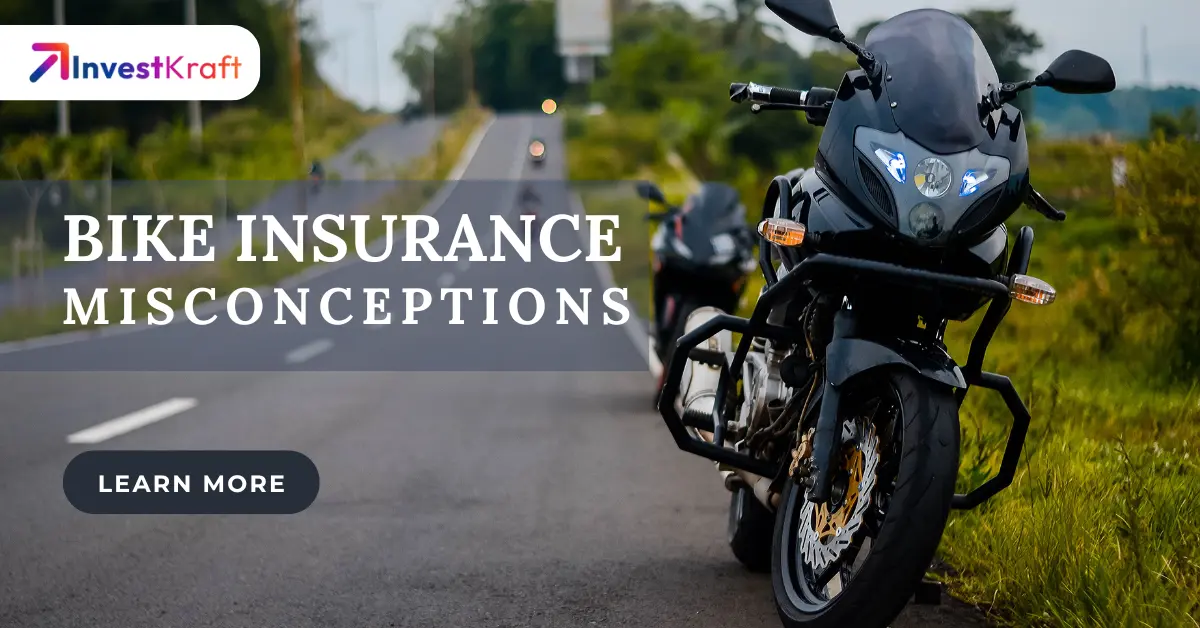Why Having Car Insurance is Mandatory in India?

Car Insurance is a must-carry document in your car. It provides a safety net to the insured from unexpected financial burdens. Experts at InvestKraft strongly recommend having comprehensive car insurance that gives you extended risk coverage in India. Also, do not forget that Third-party liability insurance is mandatory for all vehicles irrespective of the vehicle's age and value. Driving on the road without valid third-party insurance will attract fines from the traffic department or traffic police managing traffic at different spots.
Considering the essential factors, you are free to choose the car insurance type that is ideal for you. Many service providers give you the option to customise your car insurance plan with add-ons like depreciation cover, Consumable Cover, Engine Safe Cover, emergency roadside assistance, visit Add Ons for Car Insurance
You can also choose to buy new comprehensive car insurance by comparing the quotes from multiple insurers through InvestKraft – the fast-growing secure aggregator platform in India.
Why Third-party insurance is mandatory in India?
One of the key reasons behind making Third-party insurance mandatory in our country is to make sure that victims of road accidents receive compensation, even if the at-fault party cannot afford to pay.
Purpose of Third-party Insurance:
- Protection for Victims: When an accident happens, people involved might face property damage, injuries, or even loss of life. The victim and their family should not have to bear the financial burden caused by someone else’s negligence.
- Compensation Guarantee: With third-party insurance, the insurer steps in to pay the compensation on behalf of the vehicle owner, ensuring the victim or their family gets timely financial relief.
Mandatory Nature:
Not everyone can afford to pay large sums of money in case of an accident. Making third-party insurance mandatory ensures that every vehicle owner shares this responsibility, reducing the financial risk for victims and their families.
Without this mandate, many accident victims might be left without compensation, leading to unfair hardship, especially if the at-fault party is unable or unwilling to pay.
Why not take a situation to understand it better -
- Scenario - Ravi is driving his car on a busy road. Unfortunately, he accidentally hits a pedestrian, Ketan who suffers injuries and is hospitalised. Ravi is legally responsible for Ketan’s medical bills.
- Financial Risk: If Ravi does not have third-party insurance, he would need to pay all the hospital bills from his pocket. If the bills are too high, Ravi might not be able to afford them, leaving Ketan and his family in a difficult situation.
- Third-party Insurance to the Rescue: Since Ravi has third-party insurance, his insurer will cover the cost of Ketan’s medical treatment and any other compensation required by law. This ensures Ketan gets financial help without delay, and Ravi doesn’t face a sudden, overwhelming expense.
Learning for All
Third-party insurance acts as a safety net for victims of road accidents. It ensures fairness by protecting the financial interests of accident victims while spreading the responsibility among all vehicle owners. It is because of these reasons, that the Indian government has made third-party insurance compulsory for all.
What can be the result of not having a car insurance?
No matter how good you are at driving, accidents can occur at any place, any time, and due to any reason, sometimes a reason is hard to believe. If you happen to dash a car that is parked on the roadside and there occurs damage to the car and the driver. In this situation, you are liable to pay for the damage, bodily injury if any, or other losses. But since you had a third-party liability car insurance cover, the insurer will bear the losses or compensation for the victim. Think in this situation, if you do not have insurance, you might have faced the following problems:
- Your driving licence suspension
- Car registration suspension
- Traffic Fine, punishment, and legal proceedings
- No financial protection from insurance
Let us understand it with an example and a potential incident -
Imagine a situation where Peter met with an accident and dashed a commercial taxi parked on the roadside without having car insurance (not even third-party coverage). There is no doubt in the fact that he would face significant financial and legal liabilities. We will get to know here the type of financial losses and compensation Peter will have to undergo in the above scenario.
First, Peter is liable to pay for the damage caused to the commercial taxi. The amount of loss depends on the level of damage of property loss. Since he doesn't have third-party insurance, these expenses must come directly from his pocket.
Next, if the taxi is a source of income here, the owner might claim compensation for the earnings lost during the repair period.
Legal Penalties
- Driving Without Insurance: Driving without at least third-party insurance is illegal in most countries. Peter could face fines, penalties, or even a driving ban, depending on local laws.
- Liability in Court: If the taxi owner decides to sue Peter for damages or inconvenience caused, he might also incur legal expenses and could be ordered to pay additional compensation.
Damage to Peter’s Own Vehicle
Without insurance, Peter has to bear the cost of repairing his own car. Depending on the level of damage, this could be a significant financial burden.
Medical Expenses (if applicable)
If Peter was injured in the accident, he would need to pay for his medical bills unless covered by a separate health insurance policy.
Additional Costs
- Towing Charges: If Peter's vehicle or the taxi needs to be towed from the accident site, he might have to bear the cost.
Inconvenience Costs: Indirect costs like loss of work hours, transportation arrangements, and other disruptions.
Key Takeaway
Thus, this situation highlights the importance of having at least third-party insurance, which would cover damages to other vehicles and properties caused by an accident. Without it, Peter faces a significant financial burden and legal complications. You can explore InvestKraft Blogs to learn more about motor insurance, loans, and other products.
How to Choose the right car insurance for your vehicle?
Car insurance is an important document. So you should not make haste while buying it or doing a car insurance renewal. As an alert customer, you should enhance your knowledge about the product, do a comparison, and check for add-ons, and other features. You can also take into consideration the following points for a better risk coverage and decision:
1. Understand Your Coverage Needs:
Before looking at options, think about what you need.
Is your car new or old? Do you drive daily or occasionally? What’s your budget?
A comprehensive policy offers the best coverage, protecting against accidents, theft, natural disasters, and more. However, you can opt for third-party insurance if you're on a tight budget but still want to stay legal.
2. Review Deductibles and Exclusions:
Understand the deductible—the amount you pay out of pocket before your insurance kicks in. A higher deductible means a lower premium but more financial responsibility during claims. Also, know what’s not covered by the policy (exclusions) to avoid surprises.
3. Check for No-Claim Bonus (NCB):
Have a good driving record? You deserve a reward! Insurance companies offer No-Claim Bonuses (NCB) if you don’t file any claims during the policy term. This could reduce your renewal premium significantly. Don’t forget to ask about it when choosing your policy.
4. Compare Plans and Premiums:
Not all car insurance policies are created equal. Spend time comparing plans from various providers. Look beyond just the premium cost. Check the features included. Strike a balance between affordability and coverage to ensure you get the most value for your money.
5. Look for a Strong Garage Network:
Choose an insurer with a wide network of garages offering cashless repair services. This can save you the hassle of paying upfront and filing for reimbursements.
6. Assess Claim Settlement Ratio:
The claim settlement ratio indicates how often an insurer approves claims. Go for companies with a high ratio to ensure a smoother claims process.
7. Add Extra Protection with Add-Ons:
These may slightly increase your premium but they provide better security for your car and peace of mind for you. Enhance your coverage with add-ons like:
- Engine protection
- Zero-depreciation cover
- Personal accident cover
- Coverage for accessories
Final Thought:
Remember, Car insurance is not just a legal requirement as per the motor regulations in India. It is meant for your financial safety net and a cornerstone of responsible driving. From shielding you against accidents and theft to providing reassurance during unexpected challenges, a reliable insurance policy is your trusted companion on the road.
Finding the perfect policy starts with identifying your needs, evaluating available options, and selecting features that bring the most value. With thoughtful planning and thorough research, you can secure the protection of your car and enjoy peace of mind.
Frequently Asked Questions
Q1. What in India is the minimum car cover required?
Third-party liability insurance is mandatory by law.
Q2. How is third-party insurance different from comprehensive insurance?
Third-party insurance covers only damages to others, while comprehensive insurance also covers your car.
Q3. Can I switch my car insurance provider?
Yes, you can switch providers at the time of policy renewal.
Q4. What is a No-Claim Bonus (NCB)?
It’s a discount given for not making any claims during the policy period.
Q5. Does car insurance cover natural disasters?
Comprehensive insurance provides coverage against natural disasters like floods and earthquakes.
Q6. What are deductibles in car insurance?
Deductibles are the portion you pay before your insurance starts covering the costs.
Q7. Is car insurance transferable when selling a car?
Yes, car insurance can be transferred to the new owner.
Q8. What documents are needed to file a claim?
Typically, you’ll need a claim form, policy documents, and proof of damage (photos, police reports, etc.).
Q9. How can I reduce my car insurance premium?
Opt for higher deductibles, maintain a good driving record, and use the No-Claim Bonus.
Q10. What happens if I miss my renewal date?
You’ll lose benefits like the NCB and may face fines for driving without insurance.

Author: Rajesh Mishra
Rajesh Mishra is a professional and multilingual writer with over 12+ years of versatile experience in content writing.
He has crafted compelling narratives across a diverse array of industries, including BFSI, fintech, IT, pharmaceuticals, e-commerce, education, fashion, and more. He is a commerce graduate from Mumbai University. His strong academic foundation and passion for storytelling enable him to engage audiences and deliver impactful content.
He is adept at transforming complex concepts into clear, relatable language, making his work accessible to both, industry professionals and everyday readers. He thrives in dynamic environments, leveraging his extensive knowledge to create articles, blogs, whitepapers, and marketing materials that resonate with target audiences. Driven by a commitment to excellence and a keen eye for detail, Rajesh Mishra continuously explores emerging trends and technologies, ensuring his content remains relevant and thought-provoking.

















